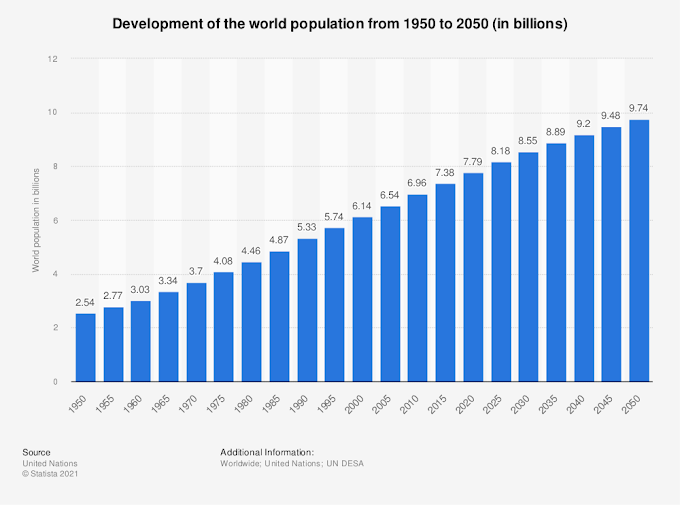What is digital marketing? Do you know how it works?
Certainly! Digital marketing refers to the use of digital channels, platforms, and technologies to promote and advertise products, services, or brands to a target audience. It leverages the internet and electronic devices, such as computers, smartphones, and tablets, to connect with potential customers. Digital marketing encompasses a wide range of strategies and tactics to reach and engage audiences online.
Key Components of Digital Marketing:
Search Engine Optimization (SEO):
SEO involves optimizing a website's content and structure to improve its visibility on search engines like Google. The goal is to increase organic (non-paid) traffic by ranking higher in search engine results pages (SERPs).
Content Marketing:
Content marketing focuses on creating and distributing valuable, relevant content to attract and retain a target audience. Content can take various forms, including blog posts, articles, videos, infographics, and more.
Social Media Marketing:
Social media marketing involves using social media platforms like Facebook, Instagram, Twitter, and LinkedIn to promote products or services. It includes creating and sharing content, engaging with followers, and running paid advertising campaigns.
Email Marketing:
Email marketing involves sending targeted messages to a group of people via email. This can include newsletters, promotional offers, and personalized communications to nurture leads and maintain customer relationships.
Pay-Per-Click Advertising (PPC):
PPC advertising involves paying a fee each time someone clicks on an ad. Google Ads is a common platform for PPC, where advertisers bid on keywords to have their ads displayed in search engine results or on other websites.
Affiliate Marketing:
In affiliate marketing, businesses reward affiliates (partners) for driving traffic or sales to their website through the affiliate's marketing efforts. Affiliates earn a commission for each successful referral.
Influencer Marketing:
Influencer marketing leverages individuals with a significant online following (influencers) to promote products or services. Influencers can have a powerful impact on their audience's purchasing decisions.
Analytics and Data Analysis:
Digital marketing relies heavily on data analytics to measure the performance of campaigns. Marketers use tools to track website traffic, user behavior, conversion rates, and other key metrics, allowing for data-driven decision-making.
How Digital Marketing Works:
Understanding the Audience:
Successful digital marketing starts with a deep understanding of the target audience. This includes their demographics, preferences, behaviors, and online habits.
Setting Objectives:
Clear objectives are established, such as increasing website traffic, generating leads, driving sales, or building brand awareness. These objectives guide the development of digital marketing strategies.
Choosing Channels and Tactics:
Based on the target audience and objectives, marketers select the most appropriate digital channels and tactics. This could include a mix of SEO, content marketing, social media, PPC, and other strategies.
Creating and Optimizing Content:
Compelling and relevant content is created to engage the audience. Optimization techniques, such as SEO best practices, are applied to enhance visibility.
Implementing Campaigns:
Marketing campaigns are launched across chosen channels. This may involve creating and publishing ads, sharing content on social media, optimizing website elements, and more.
Monitoring and Analyzing Performance:
Marketers closely monitor the performance of campaigns using analytics tools. They track key performance indicators (KPIs) to assess the effectiveness of their efforts.
Iterative Improvement:
Based on the data and insights gathered, marketers continuously refine and optimize their strategies. This iterative process aims to improve results over time.
Digital marketing is dynamic and constantly evolving, adapting to changes in technology, consumer behavior, and online trends. Successful digital marketers stay informed about industry developments and are agile in adjusting their strategies to meet evolving business goals.




